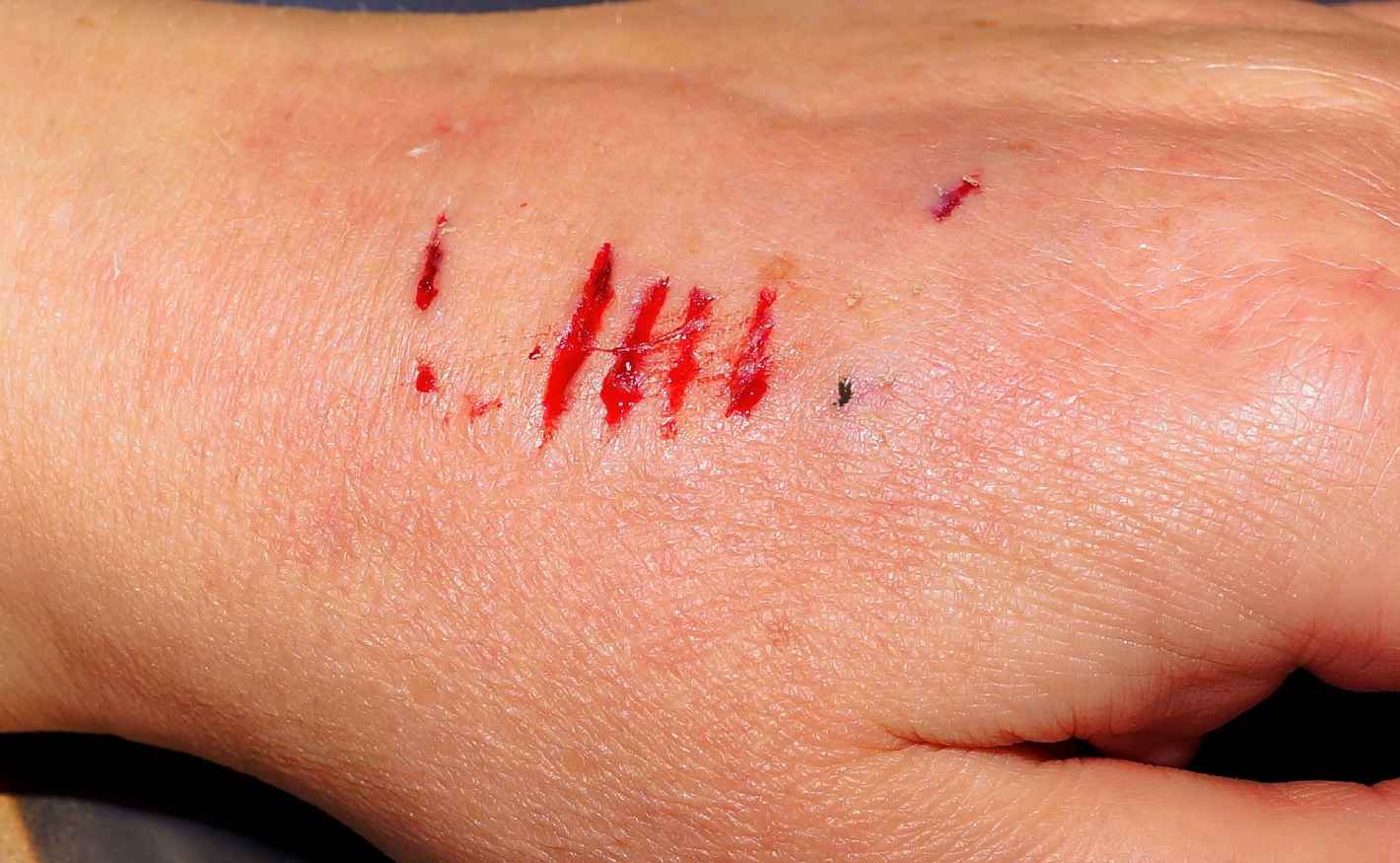What to Do If Someone Sues You for a Dog Bite
Dog ownership comes with immense joy and companionship but also significant responsibilities. It’s crucial to understand the responsibilities and potential liabilities associated with owning a dog, especially if your pet has unpredictable or aggressive behavior.
One of the serious situations a dog owner may face is getting sued for a dog bite. It’s important to know critical information on how to handle such a situation and the potential legal ramifications involved.
Contents
Your Liability as a Dog Owner
Most dog owners consider their pets as part of the family. However, from a legal standpoint, dogs are usually regarded as property. As such, owners can be held accountable for any harm their dog inflicts on another person, animal, or property.
If your dog bites someone, whether on your property or elsewhere, you could be held liable for the incident. This legal principle is known as strict liability, and it’s prevalent in many states. It means that, regardless of your prior knowledge of your dog’s aggressiveness or whether you could have prevented the bite, you may still be held responsible.
However, several states follow a different rule called the one-bite rule. Under this rule, a dog owner is only held liable if they were aware of their dog’s vicious tendencies. This usually translates to whether the dog has bitten someone before.
Recognizing Instances of Dog Bites
Dog bites can range from minor nips to severe attacks, leading to significant physical harm and emotional trauma. Understanding the severity of dog bites can help you assess the situation more accurately if your dog bites someone.
Levels of Dog Bites
The Association of Professional Dog Trainers (APDT) uses a system to categorize the severity of dog bites:
- Level one: The dog behaves aggressively but does not make skin contact with their teeth.
- Level two: The dog’s teeth make skin contact but do not puncture the skin. Minor bleeding may occur.
- Level three: The bite results in one to four punctures from a single bite with no puncture deeper than half the length of the dog’s teeth.
- Level four: The bite results in one to four punctures, with at least one puncture deeper than half the length of the dog’s teeth.
- Level five: The dog bites multiple times, resulting in at least two level four bites or multiple attacks.
- Level six: The attack is fatal.
What to Do Immediately After Your Dog Bites Someone
If your dog bites someone, there are several steps you need to take immediately:
- Ensure the victim’s safety: The first priority should be to ensure the safety of the bite victim. If necessary, seek immediate medical help.
- Restrain your dog: Secure your dog to prevent further harm. This may involve putting them in a separate room or on a leash.
- Exchange contact information: Provide your contact information to the victim. This should include your name, address, and phone number.
- Provide your dog’s medical records: Share information about your dog’s vaccination history, especially regarding rabies, with the victim.
- Report the incident: Inform local animal control or the police about the incident.
- Document the incident: Write down the details of the incident while it’s still fresh in your memory. It’s also helpful to take photos of the victim’s injuries.
- Contact your insurance company: If you have homeowner’s or renter’s insurance, contact them to report the incident. Your policy may cover liability for dog bites.
Legal Process: Getting Sued for a Dog Bite
If the bite victim decides to sue you for the injury caused by your dog, it’s essential to understand the legal process you’re about to navigate.
Receiving the Lawsuit Notice
The legal process begins when you receive a notice of the lawsuit, usually in the form of a summons and complaint. The complaint outlines the victim’s allegations and the damages they’re seeking. At this stage, it’s crucial to hire a lawyer if you haven’t already done so.
Responding to the Lawsuit
After receiving the lawsuit notice, you’ll need to respond within a specific timeframe (usually 20 to 30 days). Your lawyer will help you craft a response, also known as an answer, which addresses each allegation.
Discovery Process
Once both parties have exchanged their initial documents, the discovery process begins. This involves exchanging evidence, interviewing witnesses, and deposing the parties involved. Your lawyer will guide you through this process.
Negotiations and Settlement
Many dog bite lawsuits are settled out of court. Your lawyer and the plaintiff’s lawyer will negotiate a settlement based on the evidence, the severity of the injuries, and your level of liability. If a settlement is reached, the lawsuit ends.
Going to Trial
If a settlement cannot be reached, the case will proceed to trial. The trial could be in front of a judge (bench trial) or a jury (jury trial). Both sides will present their case, and the judge or jury will make a decision.
Potential Defenses in a Dog Bite Lawsuit
There are several defenses your lawyer may consider in a dog bite lawsuit:
- Trespassing: If the bite occurred on your property and the victim was trespassing, this could be a valid defense.
- Provocation: If the victim provoked your dog, leading to the bite, this could also be a viable defense.
- Assumption of Risk: If the victim was aware of the risk (for example, they knew your dog had aggressive tendencies) and still chose to interact with your dog, this could work in your favor.
- Comparative Negligence: In some states, if the victim’s actions contributed to their injury, the amount of damages they can recover may be reduced.
Facing a dog bite lawsuit can be daunting, but it’s not the end. To prevent future incidents, consider professional dog training, liability insurance or seeking advice from an attorney. Remember, responsible dog ownership is key to ensuring others’ safety and dogs can be put down for biting people.

